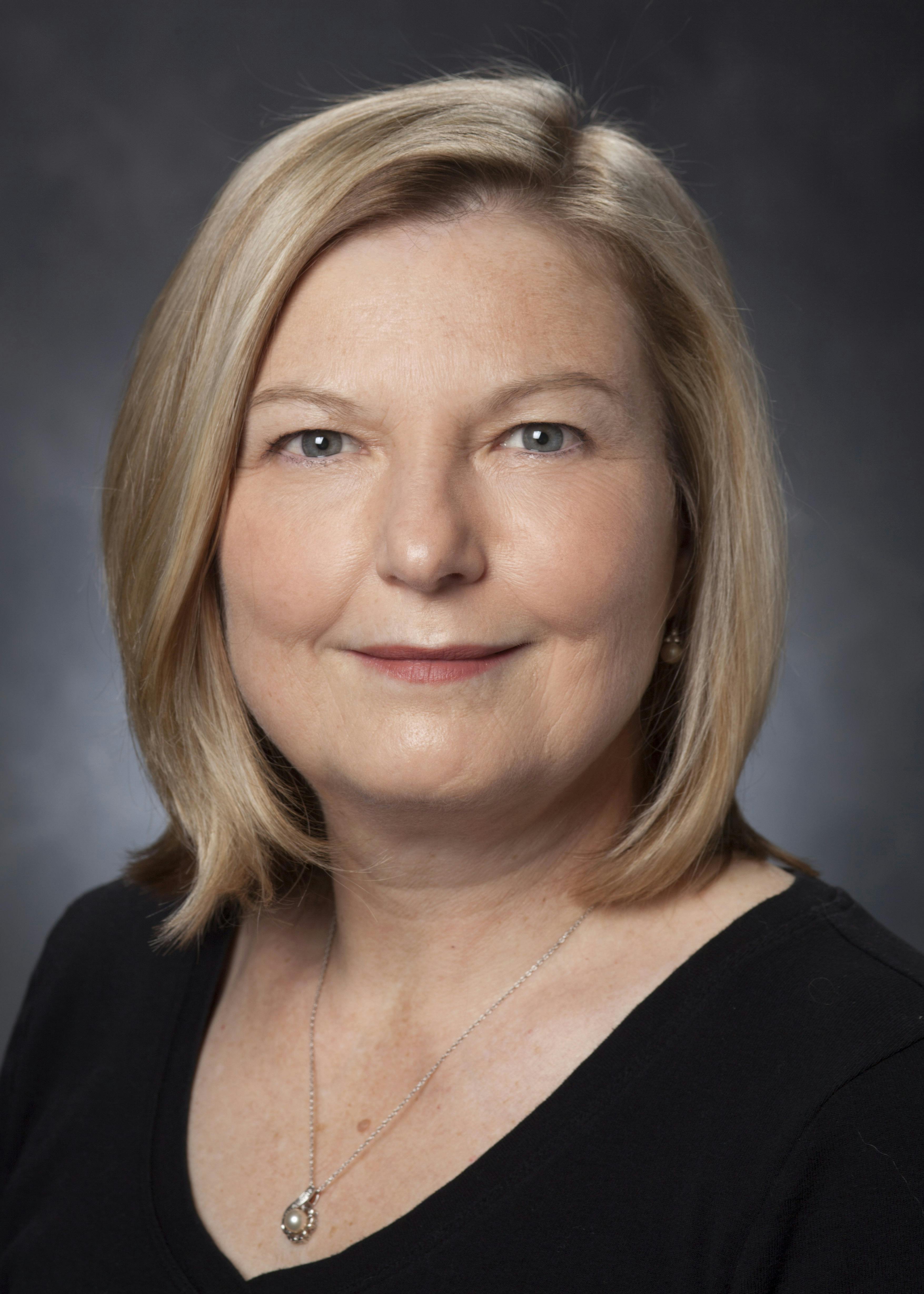Professor weighs in on California ESL bill: "We need to be able to experiment with multiple models."

Community colleges in California are successfully expediting instruction of English as a second language (ESL), but many instructors are skeptical due to the lack of information on what instruction models work best.
California has enrolled more than 50,000 new ESL students into its community college system. With the influx of new students, policy makers, advocates and institutions are pushing to reform developmental education. Assembly Bill 705, which took effect in 2018, requires colleges to increase the likelihood that students will complete transfer-level English and math courses within one year of enrolling.
Linda Harklau, a professor of language and literacy education in the College of Education, weighed in on the topic. She said that corequisite courses—which combine ESL teaching with a credit-bearing course—are being pushed heavily because it saves administrators money. But, according to Harklau, there’s not a lot of attention paid to instruction reform.
“What frustrates me is the sheer lack of research or even interest in documenting programs like these. We need to be able to experiment with multiple models, and I think right now there’s a tendency to just focus on corequisites,” Harklau said.